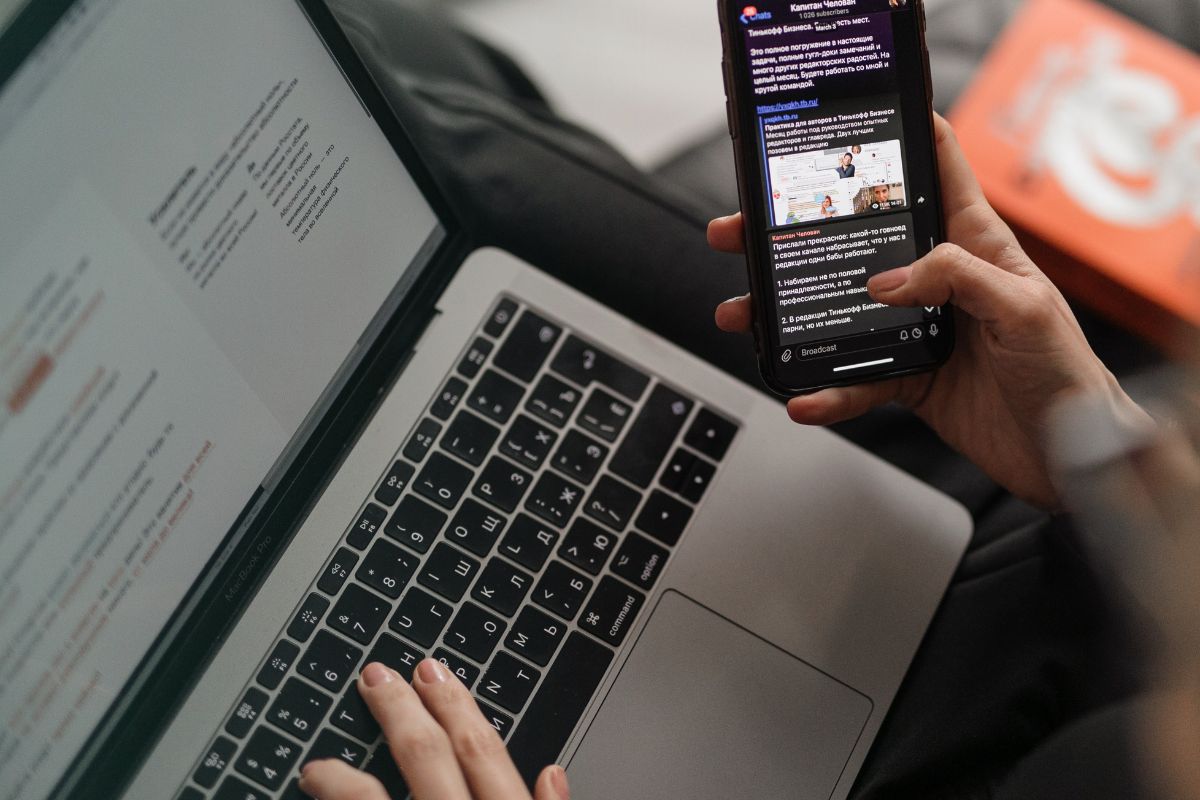
Did you know that our screen time has skyrocketed since the pandemic hit? It’s crazy! According to digitalinformationworld.com, the average screen time for users has jumped to a whopping 4.2 hours per day, which is an increase of 30% compared to just two years ago in 2019. In some regions, people are even surpassing the 5-hour limit!
It’s alarming to think that spending just 2 hours a day on our screens can add up to wasting 30 days every year. You could waste 300 days ( a little less than one year) in the next decade!
With online classes and remote work becoming the norm, we’re spending more time than ever glued to our screens. However, many unnecessary things we tend to do on digital platforms can negatively impact our well-being.
Let’s look at a few examples:
1. Mindlessly scrolling through social media:
Scrolling through social media feeds for extended periods without any purpose can be a waste of time and energy.
2. Constantly checking notifications:
Our devices can be distracting and make it difficult to focus on important tasks. It can also lead to a constant state of alertness and anxiety.
3. Engaging in online arguments:
Engaging in online debates can be draining and lead to unnecessary stress.
4. Comparing ourselves to others:
Social media platforms can create a distorted view of reality and make us feel inadequate or inferior. It’s important to remember that people often only share their ‘highlight reel’ on social media and that comparison is rarely productive.
We all want to live intentionally productive lives and use our time to better ourselves and serve others. Therefore, we must know how we use technology and avoid unnecessary digital behaviours impacting our well-being.
It’s important to remember that 1 Corinthians 10:23 says, “All things are lawful, but not all things are helpful.”
1 Corinthians 10:23 reminds us that while all things are lawful, not all things are helpful or build us up. This includes our use of technology. While technology can be a useful tool in many aspects of our lives, it’s important to recognise when it hinders our physical, mental, and emotional health.
How to achieve digital well-being?
We must strive to use technology in a way that is helpful and constructive rather than allowing it to control us. So, how can we promote our digital well-being? Here are some suggestions:
a) Set boundaries:
It’s essential to set boundaries around when and how we use our devices. Avoid using screens for at least an hour before bedtime, and establish limits on social media usage.
b) Practice mindfulness:
Being more intentional about our use of technology can help us identify the ways in which it’s impacting our well-being. Taking breaks to stretch, practise deep breathing, or simply tuning into how we’re feeling can be helpful in reducing stress levels.
Engage in real-world activities:
It’s easy to fall into the trap of using technology as a distraction from real life. Make an effort to engage in activities that don’t involve screens, such as going for a walk, reading a book, or spending time with loved ones.
c) Prioritise relationships:
While social media can be a great way to stay connected with others, it can also contribute to feelings of loneliness and isolation. Make sure to prioritise in-person interactions and cultivate meaningful relationships.
Technology impacts our physical, mental, and emotional health. By setting boundaries, practising mindfulness, engaging in real-world activities, and prioritising relationships, we can use technology in a way that promotes our overall well-being. Remember, just because something is allowed, it doesn’t mean that it’s helpful or that it’s building us up.
“All things are permissible, but not all things are beneficial.”







